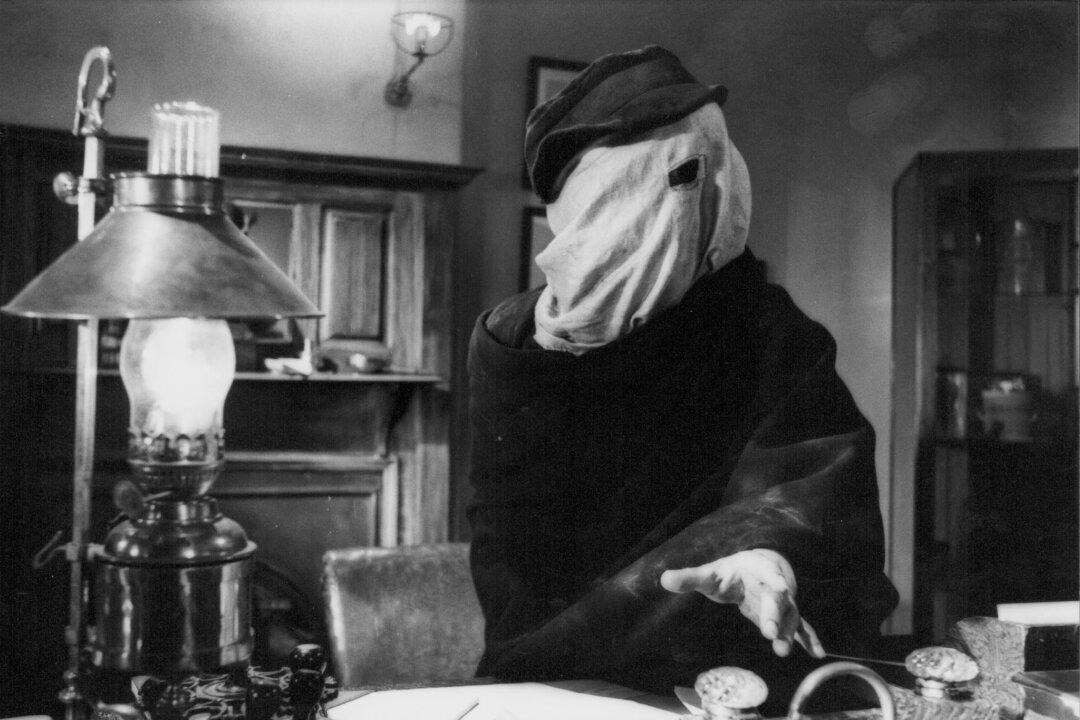PG | 2 h 3 min | Drama | 1987
“Beauty may be skin-deep, but ugliness goes clear to the bone.” That adage encapsulates David Lynch’s film, “The Elephant Man,” which suggests that beauty is as beauty does. What’s inside a man (a sensitive soul and mind) ennobles him, not what’s outside (attractive skin, complexion, build, hair, or voice).





